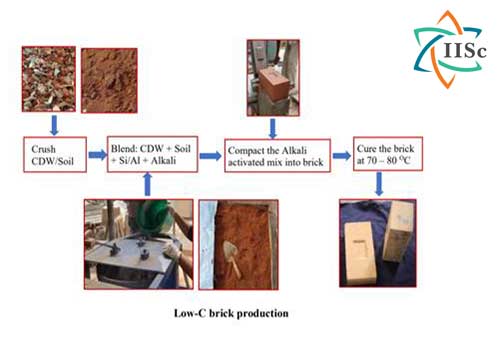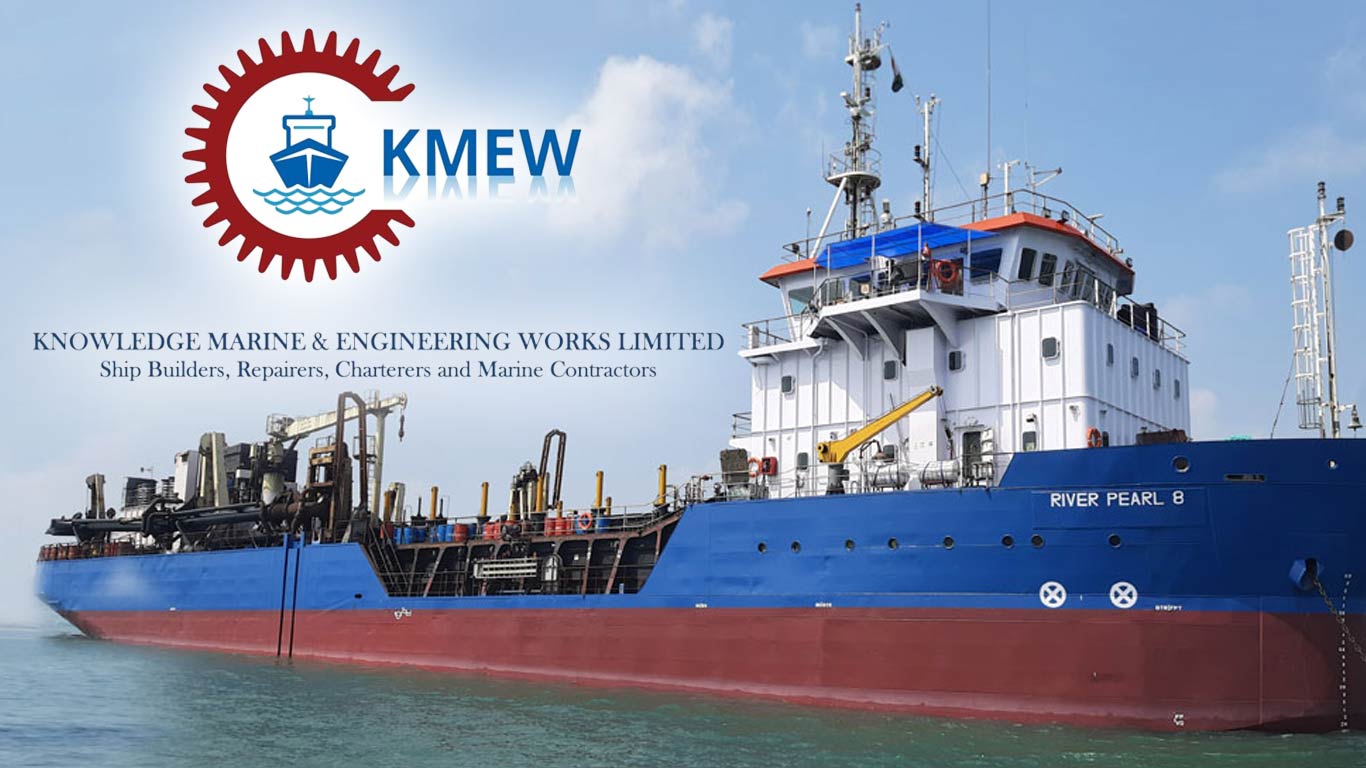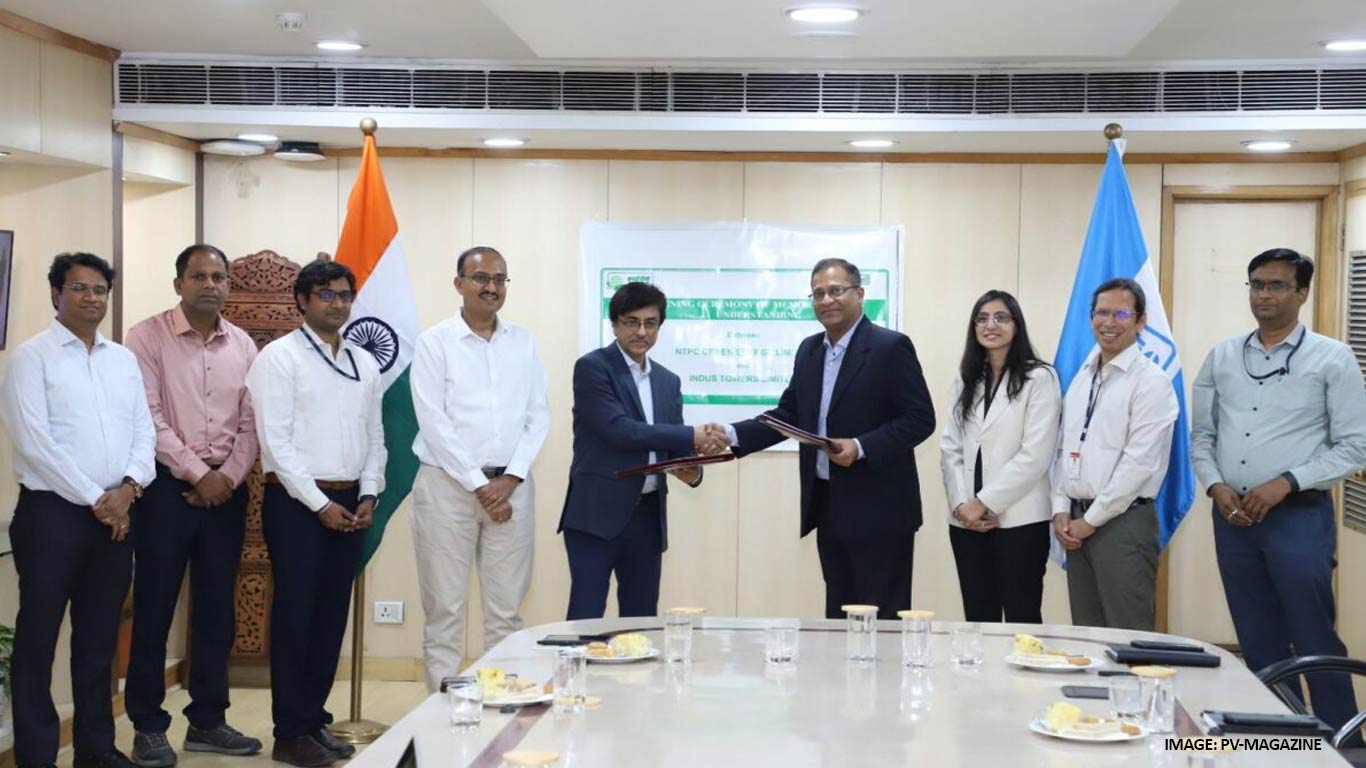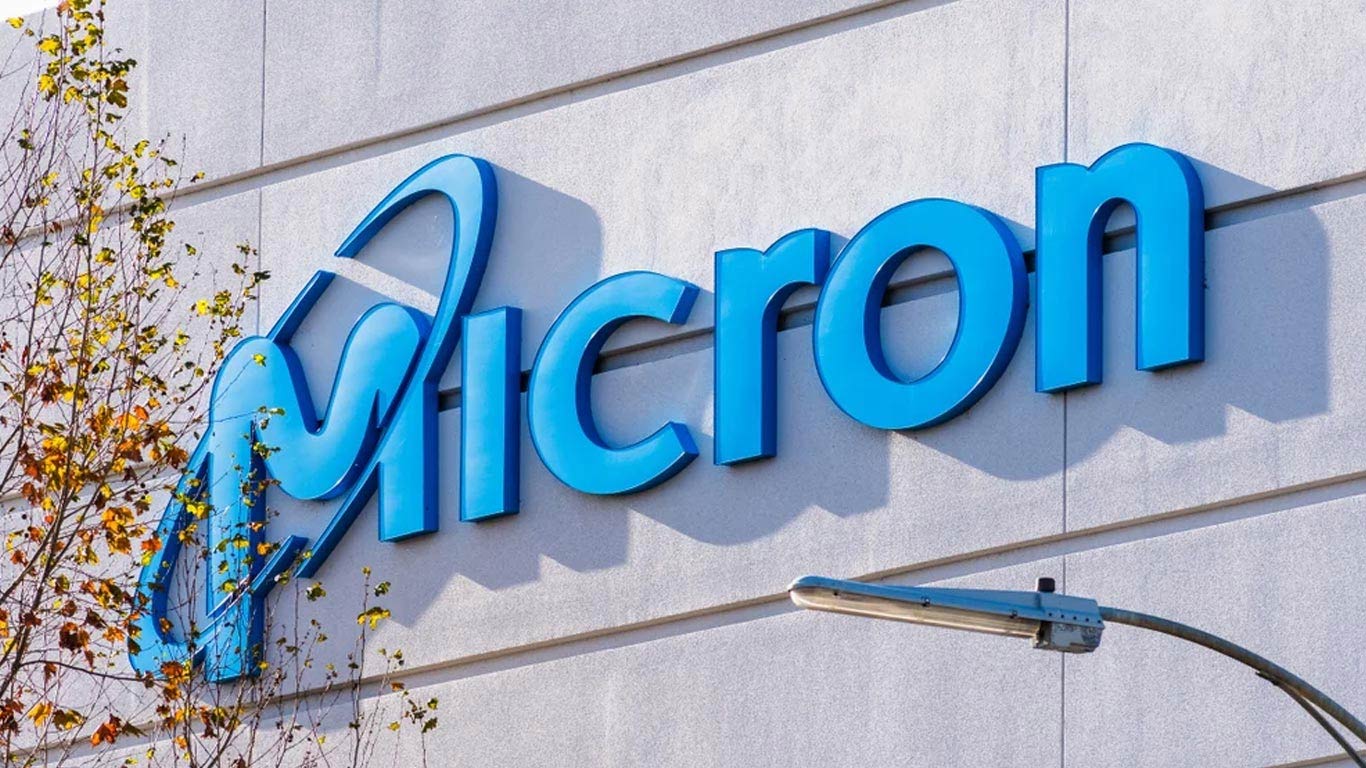IISc develops low carbon bricks using construction waste
Updated: Sep 16, 2021 09:05:41am

IISc develops low carbon bricks using construction waste
New Delhi, Sept 16 (KNN) Researchers at Indian Institute of Science (IISc) have developed a technology to produce energy-efficient walling materials using construction and demolition waste (CDW) and alkali-activated binders.
These are called low-C bricks, do not require high-temperature firing, and avoid the use of high-energy materials such as Portland cement. The technology will also solve the disposal problems associated with C&D waste mitigation.
The low carbon bricks address two problems simultaneously: on the one hand, unlike the burnt clay bricks, very low energy is used in producing them, on the other hand, they are made of construction and demolition waste. This technology will also mitigate the disposal problems associated with the construction wastes and its adverse impact of air quality.
The annual consumption of bricks and blocks in India is about 900 million tonnes. Besides, the construction industry generates vast amounts (70 – 100 million tonnes per annum) of CDW. In order to promote sustainable construction, two important issues needed to be addressed while manufacturing the masonry units – conserving mined raw material resources and emission reduction.
The technology developed by IISc uses alkali-activated bricks/blocks by utilising fly ash and furnace slag.
The team of researchers developed low embodied carbon bricks from CDW waste through an alkali activation process using fly ash and ground slag and characterising the thermal, structural, and durability characteristics of Low-C bricks and their masonry. After ascertaining the Physico-chemical and compaction characteristics of the CDW, the optimum mix ratios of the materials were obtained, and then the production process was evolved to produce low-C bricks. Based on the optimum binder proportions, the compressed bricks were manufactured. The bricks were examined for engineering characteristics.
“A start-up has been registered which will be functional within 6-9 months to manufacture low-C bricks and blocks with IISc technical help. The start-up unit will act as a technology dissemination unit through training, capacity building, and providing technical know-how for establishing such commercial units across India,” remarked Prof. B V Venkatarama Reddy, IISc Bangalore.
For more details, Prof. B V Venkatarama Reddy, IISc Bangalore (venkat@iisc.ac.in) could be contacted.











